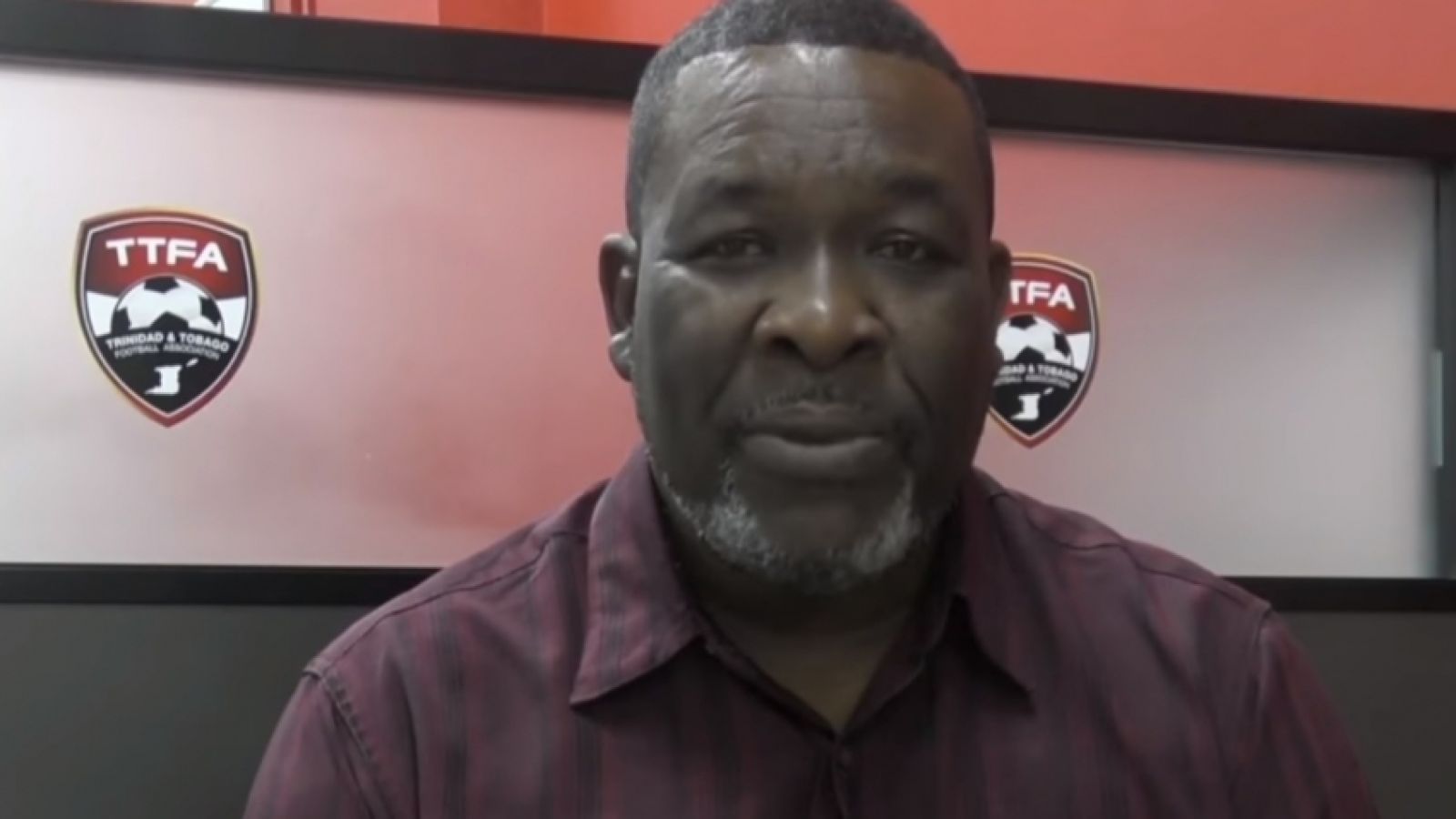
Tags: Football, Fifa, Cas
Lawyers representing the ousted executive of the Trinidad and Tobago Football Association (TTFA) led by William Wallace have written to the Court of Arbitration for Sport (CAS) expressing concern over what they have described as a “number of irregularities which have arisen, irregularities that have caused their clients to believe their right to a fair hearing has been impugned.”
Wallace and his executive have taken FIFA to CAS over the latter’s decision to appoint a normalization committee to oversee the running of the TTFA, which in effect sidelined the Wallace-led executive that was constitutionally elected in November 2009.
Among the concerns to which the lawyers - Dr Emir Crowne and Matthew Gayle - refer arose from correspondence from CAS in which it mentioned hiked costs Wallace and his executive are being compelled to pay in advance of the tribunal hearing while at the same time declaring that FIFA will not pay arbitration costs in advance in matters such as these.
The costs mentioned amount to 40,000 Swiss Francs or approximately US$41,000, which the Wallace-led executive, the Appellants, must pay in full. The lawyers said that they are unsure how CAS facilitates access to justice with such extravagant fees.
According to the correspondence obtained by Sportsmax.TV, CAS indicated that “as a general rule, FIFA does not pay any arbitration costs in advance when it acts as a Respondent in a procedure before CAS, which is admissible to CAS pursuant to Article R64.2 of the Code. This means that, according to the same provision of the Code, the Appellant has to pay the entirety of the advance of costs.”
In response, Dr Emir Crowne penned a letter to CAS on Thursday, May 7, arguing that the costs are unfair “…particularly since the hearing would have likely taken place by video conference and the usual travel costs of the panel and the CAS’ counsel would have been eliminated.
“To that end, we are genuinely unsure how the CAS facilitates access to justice with such extravagant fees. The Appellants are not from the developed world, nor are they as well-financed as the Respondent.”
The lawyers also argue that the matter is made even more alarming since the tribunal accepted without question FIFA’s submission that they wanted the matter heard by three arbitrators, thus tripling the associated costs.
“On its face, therefore, the CAS appears to be a willing participant in the Respondent’s gamesmanship, especially if the CAS had institutional knowledge that the Respondent – an entity with immeasurable financial resources – would not be advancing their share of the arbitration costs,” the lawyers said.
“This is at least an unacceptable display of apparent institutional bias.”
In light of the development, the lawyers revealed that FIFA subsequently issued a letter to the CAS indicating that they (CAS) must suspend FIFA’s response to the Appellants until the Appellants pay the full costs. CAS, they said, has agreed that FIFA should be able to benefit from the extension.
“As it stands, there are very real doubts that the CAS remains an appropriate and fair forum for the resolution of this dispute,” the lawyers concluded.
LATEST STORIES
TTFA President Edwards welcomes Unity Cup as key preparation for World Cup Qualifiers
- 2025-03-27 09:37:25
- Hits 1038
Sancho sees growth under Yorke but calls for defensive, midfield reinforcements
- 2025-03-28 10:32:04
- Hits 757
Asha James raises concerns over senior women’s team inactivity; TTFA official responds
- 2025-03-29 09:26:22
- Hits 703
T&T's coach Russell cites need for better preparation after U-17 women's failed World Cup qualifying campaign
- 2025-04-09 11:41:08
- Hits 669
TTFA secures major financial boost from NGC to fuel World Cup campaign
- 2025-03-26 15:32:48
- Hits 652
